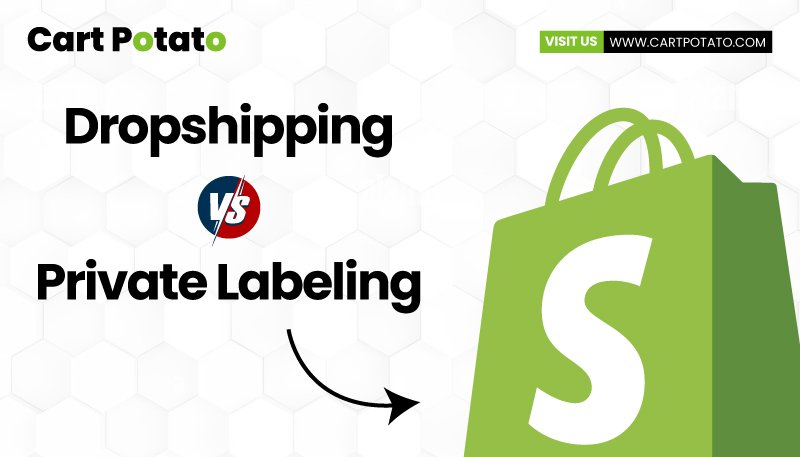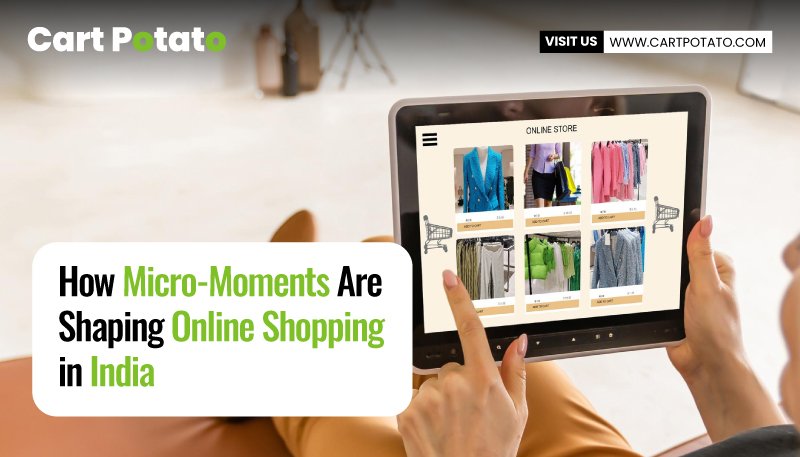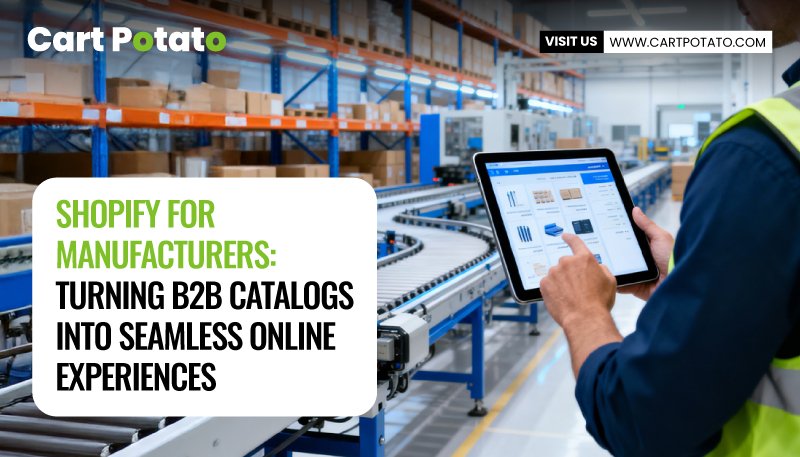
Dropshipping vs Private Labeling: Which Is Better for Shopify in 2025?
Ecommerce is more competitive than ever, and choosing the right business model can determine your long-term success. If you’re building a Shopify store in 2025, two major paths dominate the conversation: dropshipping vs private labeling. Each offers unique pros, cons, and opportunities.
At Cart Potato, we help businesses scale smartly. In this detailed guide, we’ll break down the differences between dropshipping and private labeling, compare key metrics like cost, control, branding, and scalability, and help you decide which model is better for your Shopify store this year.
What Is Dropshipping?
Dropshipping is a fulfillment model where you don’t keep any inventory. Instead, customer orders are forwarded to a third-party supplier who ships the product directly to the customer.
Key Features:
- Low upfront investment
- No inventory or warehousing
- Easy to start with apps like The Print Nation, Spocket, or Zendrop
- Rapid product testing and market validation
Popular With:
- New entrepreneurs
- Budget-conscious startups
- Trend-focused stores (fashion, gadgets, etc.)
What Is Private Labeling?
Private labeling involves sourcing generic products from manufacturers and selling them under your own brand. This gives you more control over branding, packaging, and pricing.
Key Features:
- Higher upfront investment
- Greater control over product quality and packaging
- Strong brand identity
- Ideal for long-term business building
Popular With:
Let’s Move
Forward Faster
- Established ecommerce brands
- Influencer-owned product lines
- Niche stores with high perceived value
Dropshipping vs Private Labeling: A 2025 Comparison
| Feature | Dropshipping | Private Labeling |
| Startup Cost | Very Low | Moderate to High |
| Profit Margin | Low | Higher |
| Brand Control | Limited | Full Control |
| Shipping Times | Often Long | Can Be Optimized |
| Customer Loyalty | Low | Higher |
| Scalability | Easy to scale quickly | Scales well with solid backend |
| Product Differentiation | Difficult | Easy to customize |
| Sustainability | Depends on supplier | Easier to ensure quality |
Which Model Is Better for Shopify in 2025?
It depends on your business goals, budget, and long-term vision. Here’s how you can decide:
Choose Dropshipping If You:
- Want to test multiple product niches fast
- Are on a tight budget
- Prefer low risk and minimal operations
- Are validating a new product idea
Choose Private Labeling If You:
- Want to build a brand with loyal customers
- Have marketing and budget bandwidth
- Aim to grow long-term equity in your store
- Want higher margins and premium perception
Trends to Watch in 2025
- Eco-conscious dropshipping: Suppliers offering faster and sustainable delivery.
- AI-powered private labeling: Tools for demand forecasting, brand positioning, and packaging personalization.
- Shopify ecosystem: New apps supporting both models with better logistics and automation.
- Hybrid models: Some stores start with dropshipping, then private label winning products.
Cart Potato’s Take: Strategy First, Model Second
There’s no one-size-fits-all answer. A successful Shopify business in 2025 is built on a strong strategy: market research, user experience, branding, and automation. Both dropshipping and private labeling can work—but only if you align them with your growth goals.
At Cart Potato, we specialize in helping Shopify brands navigate this choice with data, design, and development expertise. Whether you’re launching your first store or rebranding for scale, we’re here to help you win.
Ready to build a Shopify store that converts? Contact Cart Potato today.








